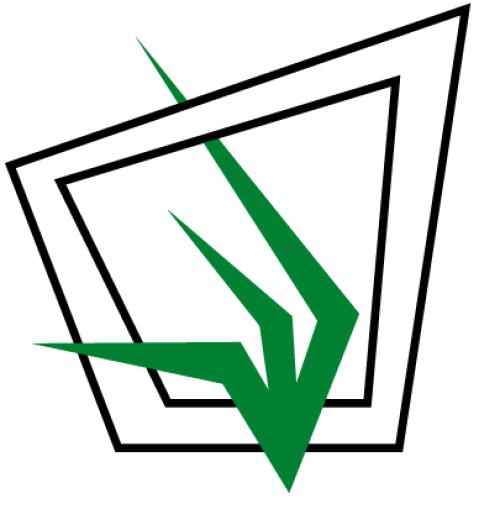Few assessments of the effects of fire and grazing on the herbaceous components of savannas have been reported for Africa. In the Kruger National Park, South Africa, range condition was monitored at three savanna sites spanning a rainfall gradient of 450 to 700 mm and subject to grazing by wildlife. The sites were burnt at 1-, 2- and 3-year intervals, in different seasons and included a control treatment excluding fire for >40 years. Initial surveys of the herbaceous vegetation were conducted between 1954 and 1957 and repeated between 1998 and 2001. Grass species were categorised as either decreaser or increaser species, which decline or increase with over- or under-utilisation, respectively, and their potential to provide forage and fuel for fires indicative of range condition were derived. Range condition improved with regular burning in the moist sites, but deteriorated in the arid sites over all seasons and frequencies of burning. It is concluded that the current homogenous approach to burning across the Park needs to be adapted by reducing the frequency of fires at more arid sites and can be achieved by burning according to the proportions of decreaser and increaser species reflecting the ecological status of the herbaceous vegetation.

Journal articles from the Grassland Society of Southern Africa (GSSA) African Journal of Range and Forage Science as well as related articles and reports from throughout the southern African region.